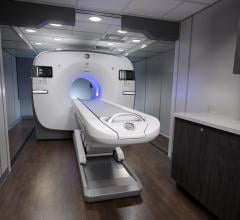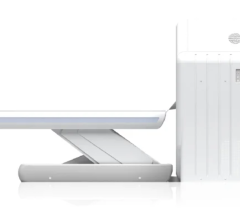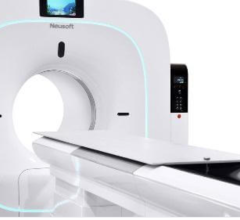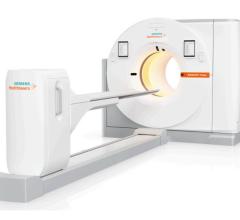
Joanna Fowler, Ph.D., receives the National Medal of Science.
October 12, 20009 - Joanna Fowler, Ph.D., a major contributor to brain research and a pioneer in molecular imaging, is being recognized by the White House with the National Medal of Science—the highest award for lifetime achievement in science. Eight other researchers will join Fowler to receive the award at a White House ceremony on October 7.
"SNM commends Joanna Fowler for her outstanding contributions to science," said Michael Graham, M.D., Ph.D., president of SNM. "Her advanced knowledge makes her stand out as one of the nation's foremost thought-leaders in nuclear medicine and molecular imaging, as well as a luminary in the quest to deliver the best patient care through the application of innovative research."
Currently serving as a senior chemist and director of the radiotracer chemistry, instrumentation and biological imaging program at the U.S. Department of Energy's Brookhaven National Laboratory in Upton, N.Y., Fowler has a long career filled with many illustrious achievements in research. Her work using the molecular imaging technique, positron emission tomography (PET) imaging, has led to significant advances in the study of how drugs, disease and aging affect the brain.
Fowler has also been instrumental in laying the groundwork for how disease is diagnosed today. In 1976, she and her colleagues synthesized 18F-fluorodeoxyglucose (FDG), a radiotracer used in PET that is widely relied on today to diagnose cancer and study brain and heart abnormalities.
Fowler's research interests are focused on how addictions cause changes to circuits in the brain. By measuring the uptake and movement of cocaine and methamphetamine in the brain, Fowler's studies have shed new light on the addictive power of drugs. She has also researched the use of PET to track the action of therapeutic drugs and explore the introduction of new drugs into the practice of medicine. Additionally, Fowler has conducted studies on how variations in a certain gene may affect personality and vulnerability to psychiatric disorders. A chief discovery from this study is that cigarette smokers have reduced levels of monoamine oxidase (MAO)—an enzyme that breaks down dopamine—the neurotransmitter that mediates reward, motivation and movement. Her work in this area could have implications for the high rate of smoking in people who suffer from depression or addiction to drugs.
Fowler has published about 350 peer-reviewed articles and holds eight patents for radiolabeling procedures. Her recognition for the distinguished National Science Award follows several other honors that she has received through the past several years, including SNM's Paul C. Aebersold Award for outstanding achievement in basic science applied to nuclear medicine, which she won in 1997.
Fowler earned a bachelor's degree in chemistry from the University of South Florida in 1964 and a doctorate in chemistry from the University of Colorado in 1967. She then went on to conduct postdoctoral research at the University of East Anglia in Norwich, England. She joined Brookhaven Laboratory in 1969 and has been conducting research there since that time.
The National Medal of Science was created in 1959 and is administered by the National Science Foundation. The award is given annually to individuals who have made outstanding contributions to science and engineering. Nominees are selected by a committee of Presidential appointees. Nominees are selected based on advanced knowledge and contributions to the biological, behavioral/social and physical sciences, as well as chemistry, engineering, computing and mathematics.
For more information: www.snm.org


 July 25, 2024
July 25, 2024 








